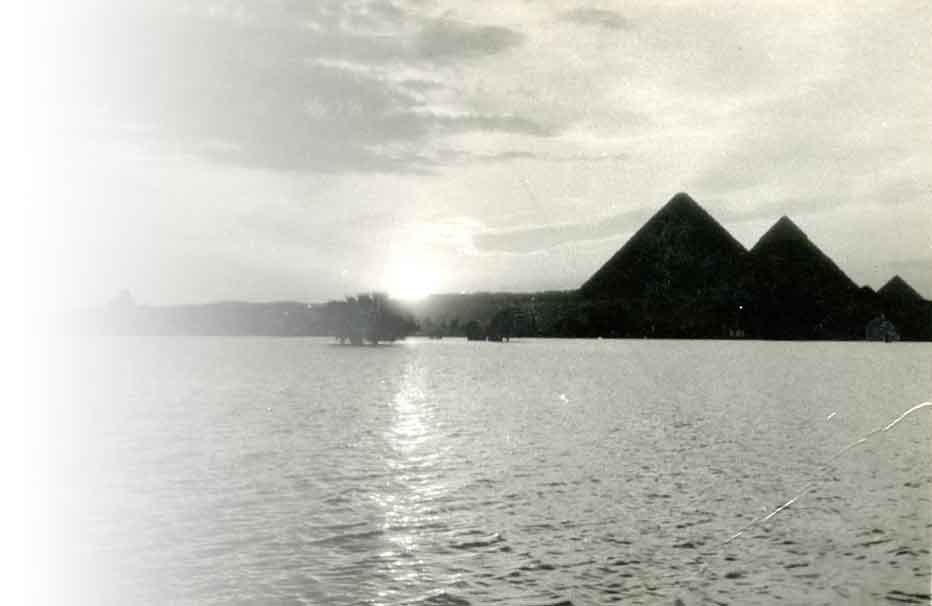P eople sometimes ask me to what religion I belong or to what school of yoga I adhere. If I answer them, which is not often, I tell them: “To none and to all!”
If such a paradox annoys them, I try to clarify it by adding that I am a student of philosophy. During my journeys to the heavenly realm of infinite eternal and absolute existence, I did not once discover any labels marked Christian, Hindu, Catholic, Protestant, Zen, Shin, Platonist, Hegelian, and so on, any more than I discovered labels marked Englishman, American, or Hottentot. All such ascriptions would contradict the very nature of the ascriptionless existence. All sectarian differences are merely intellectual ones. They have no place in that level which is deeper than intellectual function. They divide people into hostile groups only because they are pseudo-spiritual. Those who have tasted of the pure Spirit’s own freedom will be unwilling to submit themselves to the restrictions of cult and creed. Therefore, I could not conscientiously affix a label to my own outlook or to the teaching about this existence which I have embraced. In my secret heart, I separate myself from nobody, just as this teaching itself excludes no other in its perfect comprehension. Because I had to call it by some name as soon as I began to write about it, I called it “philosophy” because this is too wide and too general a name to become the property of any single sect. In doing so I merely returned to its ancient and noble meaning among the Greeks who designated the “philosopher” as a lover of wisdom.
Now genuine wisdom, being in its highest phase the fruit of a transcendental insight, is sublimely dateless and unchangeable. Yet its mode of expression is necessarily dated and may therefore change. Perhaps this pioneering attempt to fill the term philosophy with a content which combines ancient tradition with modern innovation will help the few who are sick of intellectual intolerances that masquerade as spiritual insight. Perhaps it may free such broader souls from the need of adopting a separative standpoint and afford them an intellectual basis for practising a profound compassion for all alike. To them the oneness of mankind is a fact and not a fable. They are always conscious of the fact that they are citizens of the world-community. The democratic abolishment of class status and exclusive groups, which will be a distinctive feature of the coming age, should also show itself in the circles of mystical and philosophic students. The distinctive character of their conduct, grounded in a diviner consciousness, and the unique character of their outlook will, of themselves, mark out the followers of such teaching. And I do not know of any better or broader name with which to mark those who pursue this quest than to say that they are students of philosophy.


